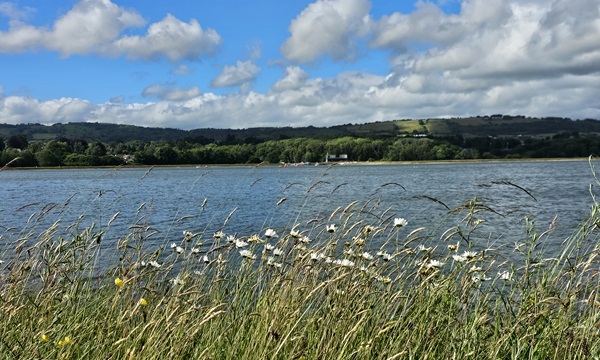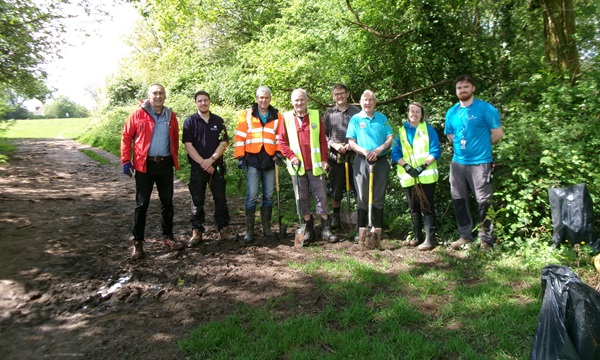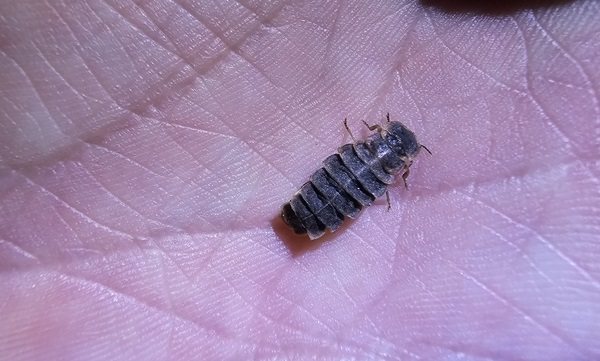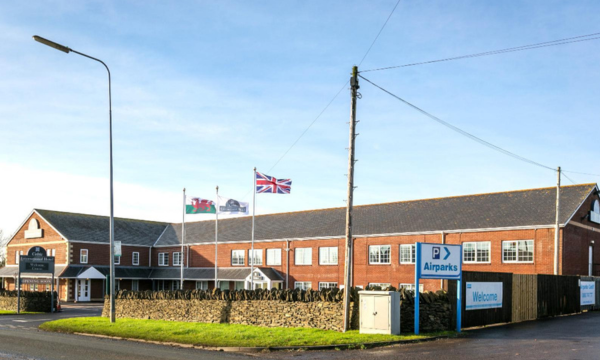
Eco-tourism is becoming a key focus for visitor attractions which recognise a growing demand for sustainable travel and experiences.
But for Dŵr Cymru Welsh Water, a major benefit of its approach to regenerative tourism is the positive impact on its local communities.
The water company operates five visitor attractions which between them drew nearly a million visitors between April 2023 and March 2024. From the picturesque Elan Valley in Mid Wales to the recently refurbished Llys-y-Frân in Pembrokeshire, Welsh Water is demonstrating how eco-tourism can support both the visitor economy and local biodiversity.
Sally Walters, Visitor Attraction Marketing Manager for Welsh Water, explains how their commitment to sustainability runs deep.
“We are ensuring the visitor economy delivers a net positive benefit for communities. It’s not just about bringing in tourism and money to an area – it’s about the experiences visitors have and the role they play in helping us protect these sites,” she says.
Each of the five sites operated by Welsh Water offers something unique, from Victorian dams in the Elan Valley, an International Dark Sky Park, to rare nesting ospreys at Llyn Brenig in North Wales. What ties them together is Welsh Water’s commitment to biodiversity and environmental sustainability. By maintaining and enhancing the biodiversity of their sites, Welsh Water is not only protecting natural habitats but also educating visitors on the importance of conservation.

At Lisvane and Llanishen Reservoirs in Cardiff, for example, visitors are welcomed to an ecologically significant site, which is home to two Sites of Special Scientific Interest (SSSI) for waxcap fungi and overwintering birds.
Welsh Water works in partnership with the Friends of Cardiff Reservoirs group, which was set up in 2021 as a successor to the Reservoir Action Group which had fought for almost two decades to prevent housing development on the Lisvane and Llanishen Reservoirs site.
“The group has a sense of ownership and respect for the site, and they us help us manage it,” Sally explains.
This approach has proven effective in engaging the community and ensuring that visitors become more than just tourists – they become active participants in preserving the local environment.
Schools also play a vital role in Welsh Water’s eco-tourism strategy. Through Ranger Days and educational visits, local students are introduced to the delicate ecosystems that make these sites special.
“We work a lot with schools, bringing them in so they can experience what it’s like to be a ranger and learn how precious these sites are,” says Sally.
These educational efforts are designed to foster a deeper understanding of biodiversity from a young age, instilling a sense of responsibility for future generations.

Beyond the obvious environmental benefits, Welsh Water’s eco-tourism model also brings value to the visitor economy. The attractions offer a range of activities – mountain biking, fishing, walking trails, and water sports – ensuring that tourists have a memorable experience while contributing to the local economy.
For Welsh Water, however, the goal is not financial success, with all income going back into running the sites.
“It’s about giving visitors a wellbeing experience that isn’t just about coming and going. It’s about visiting, helping, and becoming responsible for these sites,” Sally says.
A prime example of the balance between tourism and conservation is the increase in biodiversity seen at Lisvane and Llanishen Reservoirs.
“We had a glow worm survey in the summer, and there’s been a massive increase in glow worms. Even with visitors on the site now, we are still moving towards preserving and respecting the biodiversity here,” Sally explains.

By working with their audience to foster understanding and respect for these natural spaces, Welsh Water has found a way to welcome large numbers of visitors without compromising the environment.
Interpretation boards and signage at the sites help educate visitors about the importance of protecting delicate ecosystems. At Lisvane and Llanishen, for example, visitors are informed about why certain areas are off-limits to foot traffic due to the presence of rare species, such as the waxcap fungi. This education empowers visitors to respect the environment while enjoying their time at the site.
As Sally puts it,
“It’s about working with our audience to ensure they understand and contribute to the preservation of these beautiful sites.”











